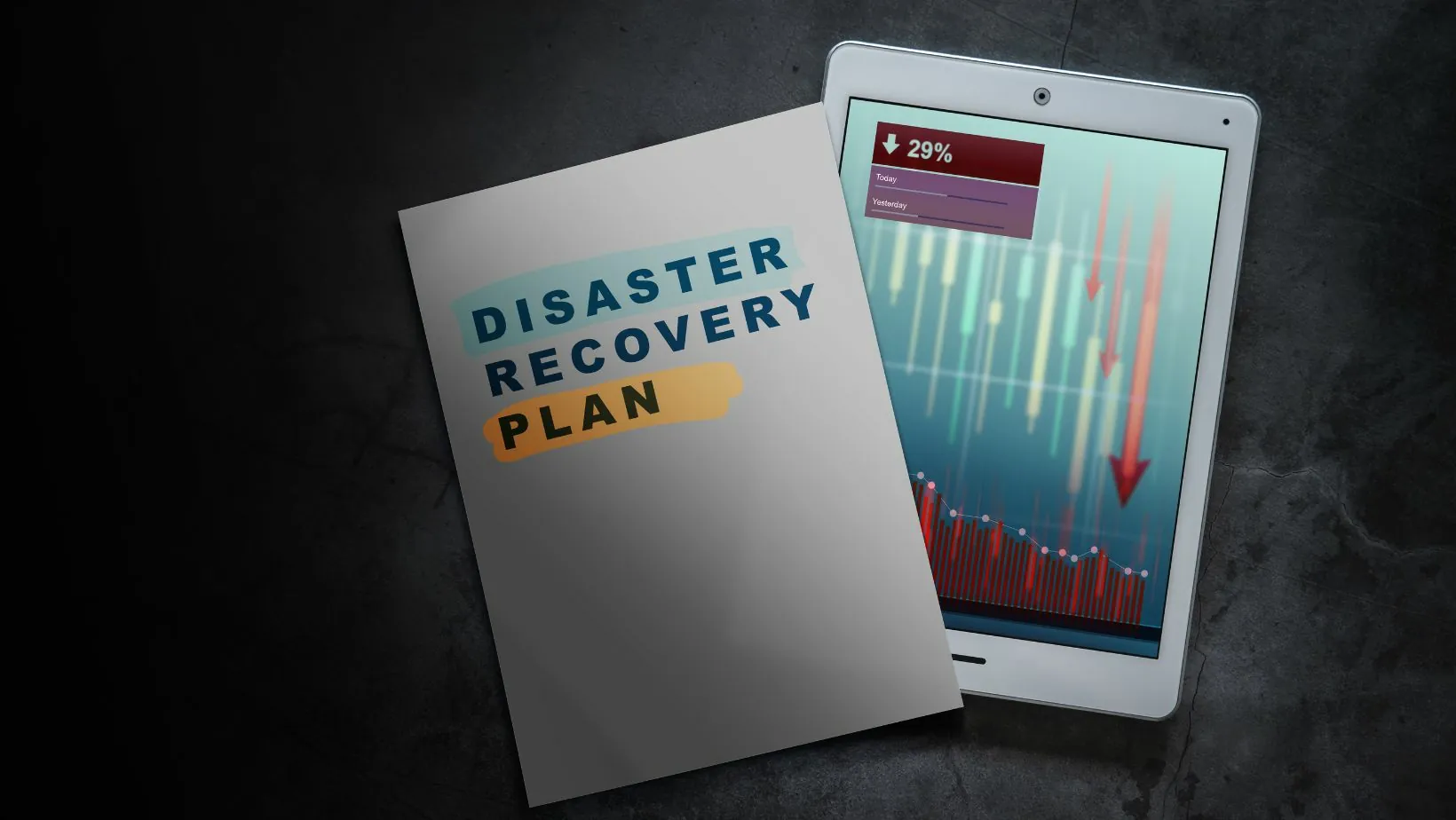In today’s fast-paced digital landscape, freelancer adaptability is more crucial than ever. As industries evolve and client needs shift, freelancers must embrace change to stay competitive. This ability to pivot not only enhances their marketability but also fosters resilience in an unpredictable work environment.
Freelancers who can quickly learn new skills, adjust their strategies, and respond to feedback often find greater success. Whether it’s mastering a new software tool or adapting to a client’s unique vision, those who thrive in this gig economy demonstrate a remarkable capacity for growth. Understanding the importance of adaptability can empower freelancers to navigate challenges and seize opportunities, ensuring they remain relevant in an ever-changing marketplace.
Table of Contents
ToggleUnderstanding Freelancer Adaptability
Freelancer adaptability refers to the ability of independent workers to adjust their skills and strategies in response to changing market demands. This quality plays a crucial role in achieving success in the dynamic freelance landscape.
Definition of Freelancer Adaptability
Freelancer adaptability encompasses several core competencies, including flexibility, resilience, and a willingness to learn. Flexibility involves changing work methods or styles based on project requirements. Resilience reflects the capacity to recover from setbacks, while a willingness to learn emphasizes continually acquiring new skills. These attributes empower freelancers to meet diverse client needs and navigate shifts in industry trends effectively.
Importance in the Freelance Market
Adaptability serves multiple purposes in the freelance market. It enhances competitiveness by enabling freelancers to stand out in saturated fields. Clients often seek freelancers who can quickly grasp new concepts or technologies, making adaptability essential for securing contracts. Additionally, adaptable freelancers can pivot their strategies in response to feedback and market changes, fostering long-term relationships and repeat business. By embracing adaptability, freelancers increase their chances of seizing emerging opportunities and thriving in an unpredictable work environment.
Key Factors Influencing Adaptability

Key factors play a crucial role in enhancing a freelancer’s adaptability. These factors include skill diversification, emotional intelligence, and continuous learning.
Skill Diversification
Skill diversification enables freelancers to broaden their service offerings and meet varying client needs. Freelancers who develop competencies in multiple areas, such as graphic design, content writing, and digital marketing, stand out in competitive markets. They can pivot effortlessly between projects and cater to diverse client demands. For example, a freelance writer who gains proficiency in search engine optimization (SEO) can attract clients seeking content that ranks higher in search engines. Such versatility increases job security, as it allows freelancers to respond rapidly to changing market trends.
Emotional Intelligence
Emotional intelligence significantly enhances adaptability for freelancers in dynamic environments. Freelancers equipped with high emotional intelligence can better understand and manage their emotions, as well as empathize with clients and colleagues. This ability fosters effective communication and strengthens relationships. When facing project challenges or client feedback, emotionally intelligent freelancers navigate conflicts and adjust their approaches accordingly. For instance, a freelancer who recognizes a client’s dissatisfaction can promptly modify their work style, leading to improved client satisfaction and potential for repeat business.
Continuous Learning
Continuous learning is vital for freelancers aiming to stay relevant in an evolving landscape. Embracing new tools, technologies, and industry trends ensures that freelancers remain competitive. Engaging in workshops, online courses, or industry webinars enables freelancers to acquire new skills and improve existing ones. For example, a web developer who learns the latest programming languages can offer updated solutions to clients, thus enhancing their marketability. By prioritizing continuous learning, freelancers cultivate adaptability, enabling them to seize emerging opportunities and thrive amid industry shifts.
Strategies for Enhancing Adaptability
Freelancers can adopt several strategies to enhance their adaptability in a dynamic market. These strategies focus on embracing change, fostering connections, and utilizing effective time management.
Embracing Change
Embracing change involves accepting new trends and technologies within the industry. Freelancers should actively seek out opportunities for professional development by attending webinars, taking online courses, or participating in workshops. By staying ahead of industry shifts, freelancers position themselves as knowledgeable experts. Regularly soliciting feedback from clients can guide freelancers in refining their skills and adjusting their services to meet evolving expectations.
Networking and Collaboration
Networking and collaboration expand a freelancer’s opportunities and access to diverse insights. Joining professional associations and participating in online forums enhances visibility and allows freelancers to form valuable connections. Collaborating with other freelancers on projects fosters knowledge sharing and skill enhancement. By cultivating a robust network, freelancers gain support during transitions and can quickly adapt to market needs through shared resources and ideas.
Time Management Techniques
Effective time management techniques empower freelancers to juggle multiple projects and adapt to changing priorities. Implementing tools like project management software enables streamlined task tracking, ensuring deadlines are met even when unexpected changes arise. Prioritizing tasks through methods such as the Eisenhower Matrix helps freelancers balance urgent and important tasks effectively. Setting aside time for continuous learning and skill improvement ensures freelancers remain adaptable without compromising project delivery.
Real-World Examples of Adaptability
Freelancer adaptability is demonstrated through various case studies and lessons learned from successful individuals in the field. These examples showcase how embracing change leads to significant achievements.
Case Studies of Successful Freelancers
- Laura, the Graphic Designer
Laura started her freelance career focusing solely on print design. As digital marketing surged, she adapted by learning web design and social media graphics. Her ability to pivot allowed her to triple her client base within six months.
- Mike, the Content Writer
Mike specialized in blog writing before the rise of video content. He quickly pivoted to video scripts and content creation for digital platforms. This adaptability led to a 50% increase in his income, as he became a sought-after expert in multimedia storytelling.
- Emma, the Marketing Consultant
Emma initially provided traditional marketing services. When social media marketing became critical, she enrolled in online courses to master platforms like Instagram and Facebook Ads. By offering these services, she secured contracts with high-profile clients, enhancing her reputation and income.
Lessons Learned from Adaptable Freelancers
- Embrace Continuous Learning
Adaptable freelancers prioritize skill development, ensuring they stay ahead of industry trends and clients’ needs.
- Be Open to Feedback
Accepting constructive criticism helps freelancers refine their approaches and adjust strategies to better meet client expectations.
- Network Effectively
Building relationships within the industry opens doors to new opportunities and insights, making it easier to adapt to market changes.
- Cultivate Emotional Intelligence
Understanding and managing emotions enhances communication with clients, fostering stronger relationships that support adaptability.
- Utilize Technology
Leveraging project management and collaboration tools streamlines processes, allowing freelancers to manage changing priorities effectively.
These case studies and lessons reveal that adaptability isn’t just an asset; it is crucial for freelancers aiming to thrive in a dynamic environment.
Freelancer adaptability is essential for navigating the complexities of today’s gig economy. By embracing change and continuously honing their skills, freelancers can position themselves for success. The ability to pivot in response to client needs and market trends not only enhances job security but also fosters stronger professional relationships.
Through effective networking and a commitment to lifelong learning, freelancers can unlock new opportunities and remain competitive. As demonstrated by successful freelancers who have diversified their services, adaptability leads to growth and increased income. Ultimately, those who prioritize adaptability will thrive in an ever-evolving landscape, ensuring they remain valuable assets to clients and the industry as a whole.






